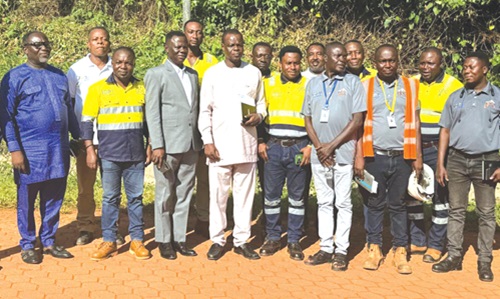
The Ghana Bauxite Company (GBC), a pivotal player in the nation’s mining sector, is receiving substantial backing from the Ghanaian government to ensure its operations run smoothly. This support is instrumental as GBC embarks on ambitious projects aimed at boosting local employment and adding value to Ghana’s natural resources.
Government’s Commitment to GBC
During a recent visit to GBC’s facilities in Awaso, Western North Region, the Regional Minister, Hon. Wilbert Petty Brentum, reaffirmed the government’s dedication to providing a conducive environment for the company’s activities. He emphasized the administration’s intent to collaborate with district assemblies to facilitate GBC’s growth and integration into the local economy.
Transition to Indigenous Ownership
Since 2022, the Ghana Bauxite Company has been under the majority ownership of Ghanaian investor Mr. Isaac Ofori-Poku, who holds an 80% stake. This transition marks a significant move towards indigenous participation in the mining sector, aligning with the government’s local content policies. The company now boasts a workforce of over 1,000 Ghanaians, reflecting its commitment to local employment.
Plans for a Local Bauxite Refinery
GBC has unveiled plans to construct a bauxite refinery in Awaso, aiming to process raw bauxite into alumina locally. This initiative is expected to reduce reliance on exports of raw bauxite and promote in-country processing, thereby retaining more value within the local economy. The government has expressed its full support for this project, viewing it as a step towards achieving an integrated aluminum industry in Ghana.
Operational Enhancements and Community Engagement
Beyond infrastructural developments, the Ghana Bauxite Company has implemented several operational improvements:
- Mining Techniques: Transitioned from traditional “drill and blast” methods to surface mining, enhancing safety and environmental sustainability.
- Employee Welfare: Improved remuneration packages and introduced paid internships for students, fostering skill development.
- Community Relations: Opened a Community Relations Office to strengthen ties with local communities and address their concerns proactively.
Economic and Social Impact
The government’s backing of GBC is anticipated to have far-reaching economic and social benefits:
- Job Creation: With over 1,000 Ghanaians employed, GBC significantly contributes to reducing unemployment in the region.
- Infrastructure Development: The company’s operations have spurred the development of local infrastructure, including roads and community facilities.
- Community Engagement: GBC has been commended for its corporate social responsibility initiatives, which have strengthened its relationship with surrounding communities.
Challenges and Government’s Role
Despite its successes, GBC faces challenges, particularly in logistics. Since the cessation of rail haulage in 2011, the company has relied on road transport to move bauxite from Awaso to the Takoradi Port, a method fraught with logistical difficulties. The government has acknowledged these challenges and is exploring solutions to enhance the transportation infrastructure, ensuring more efficient operations for GBC.




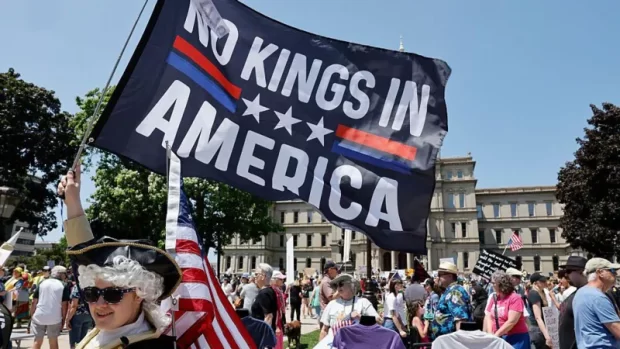



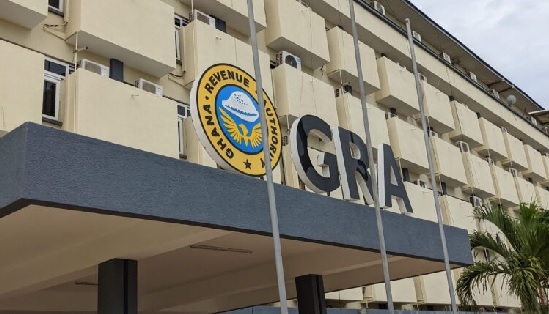
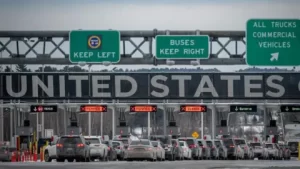
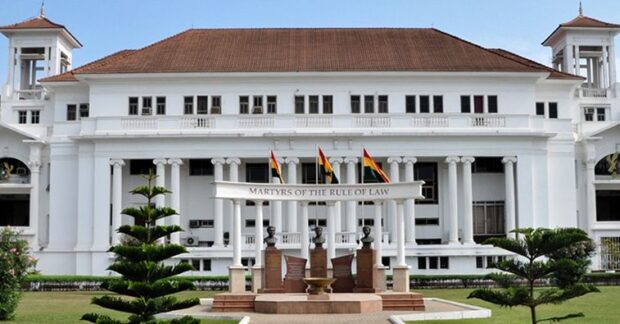
Be the first to leave a comment